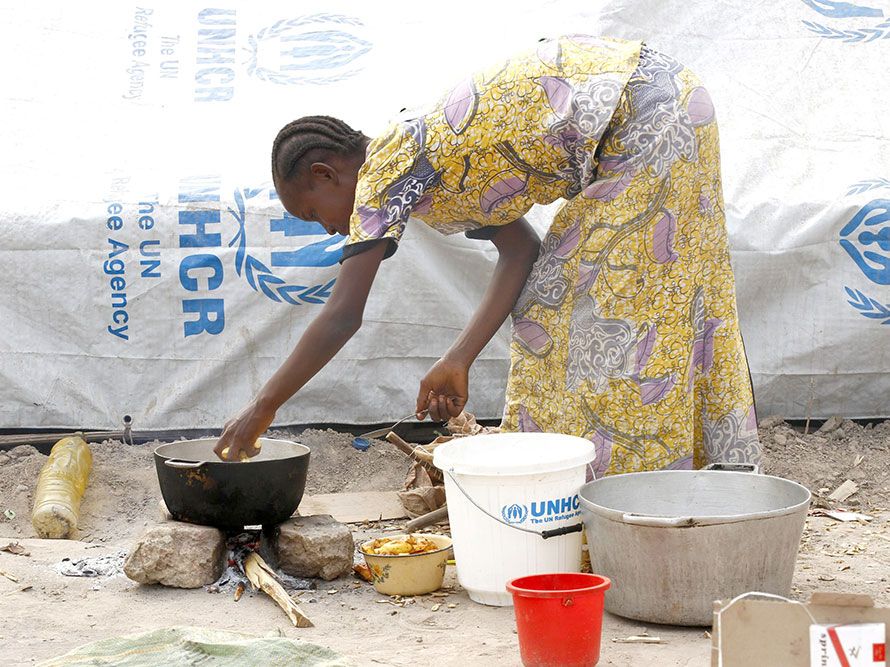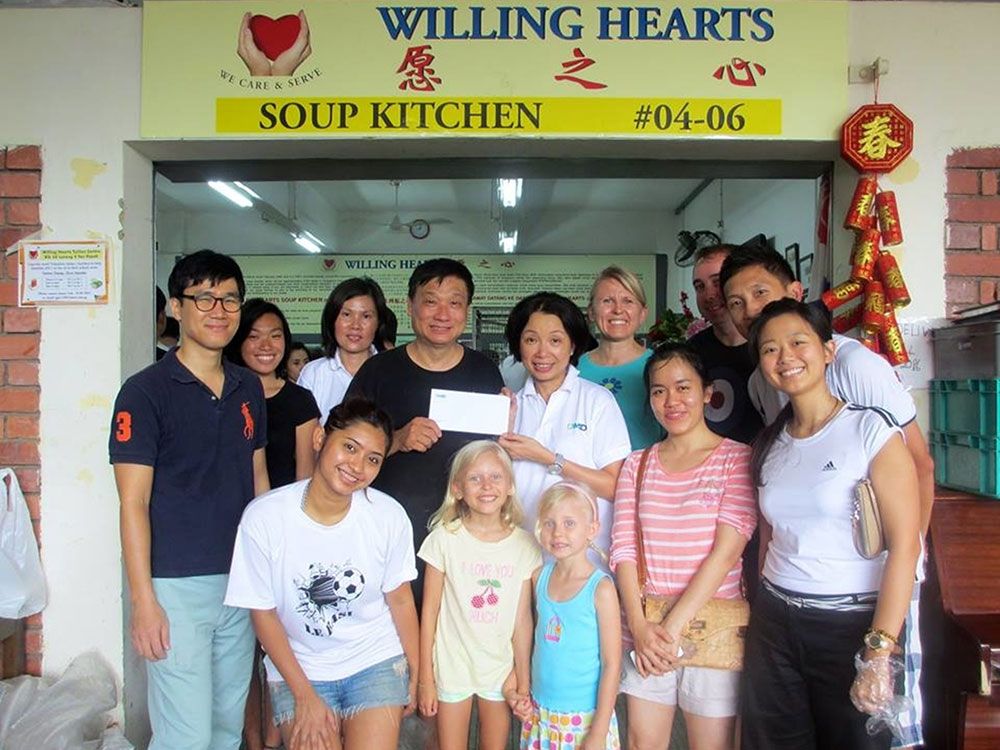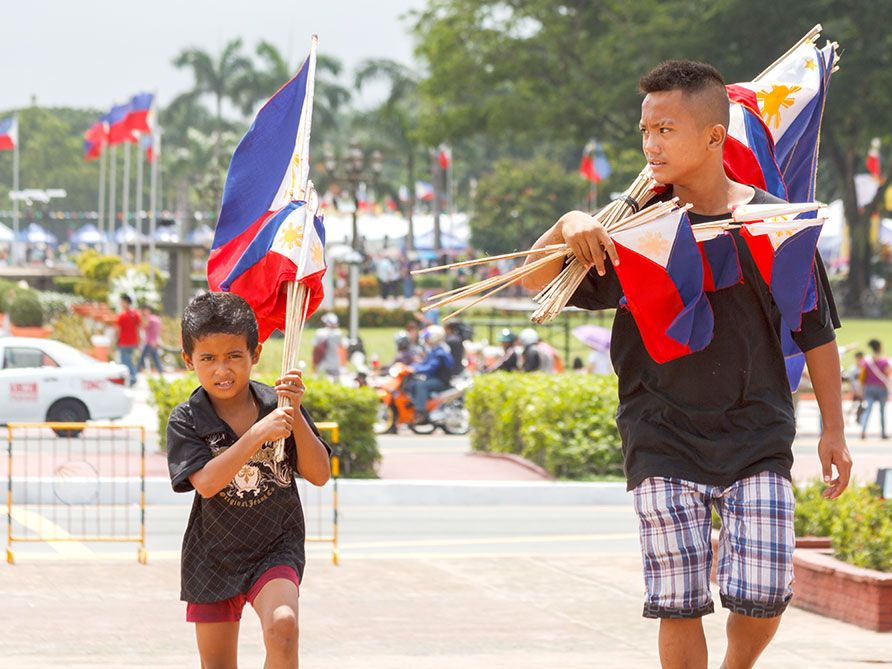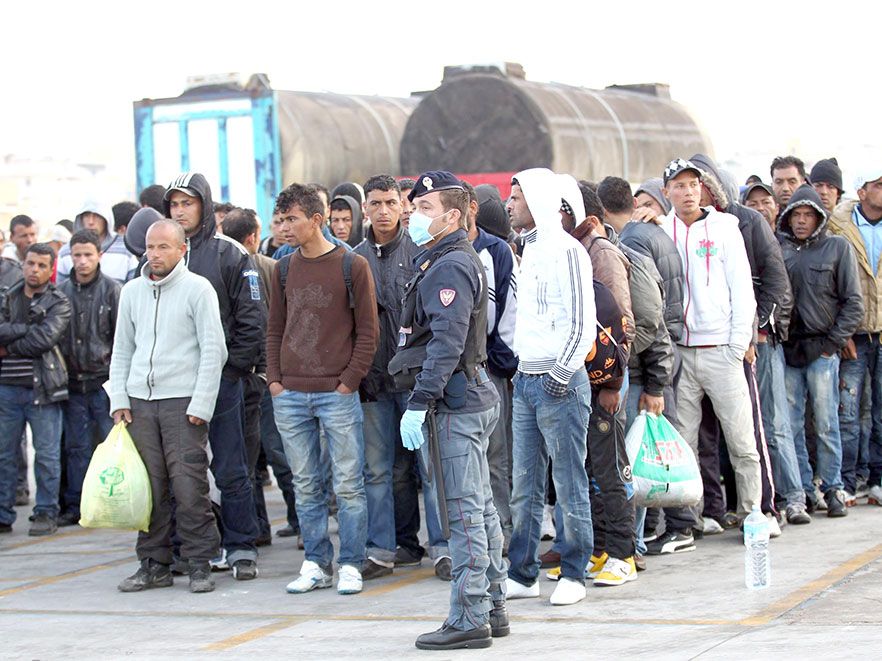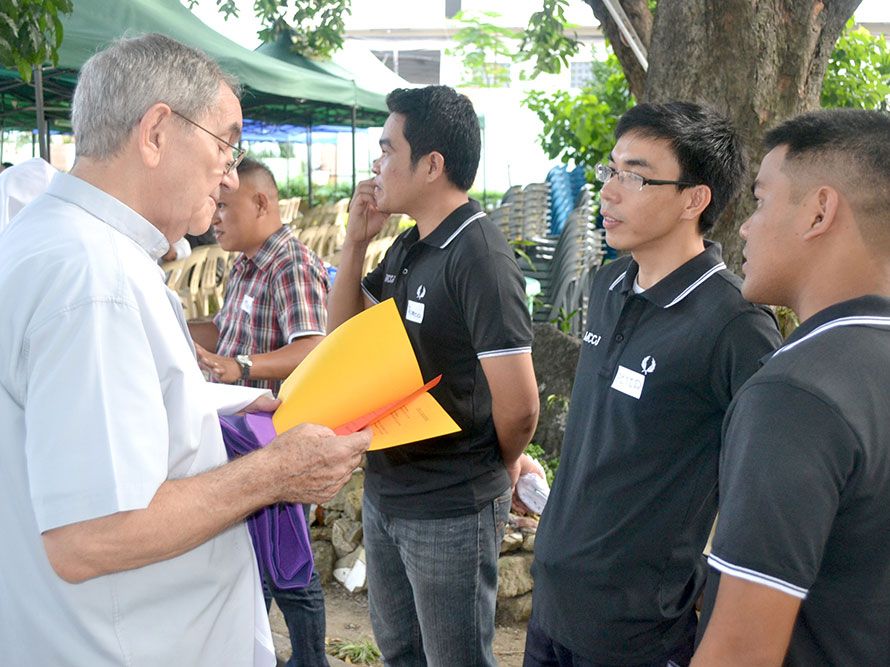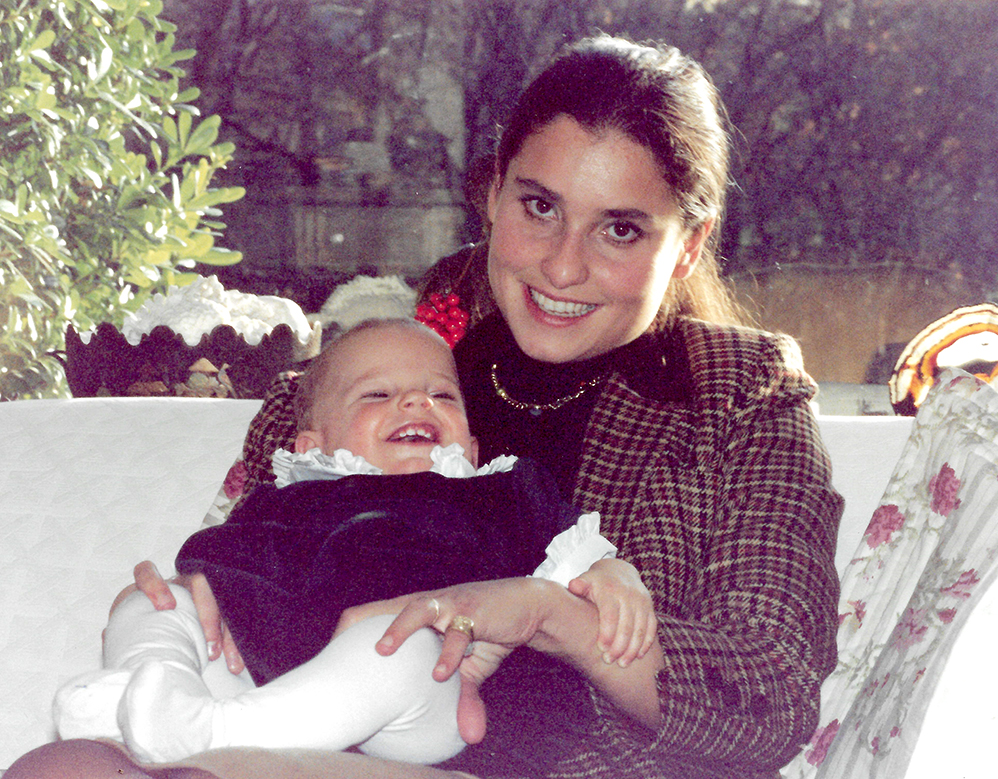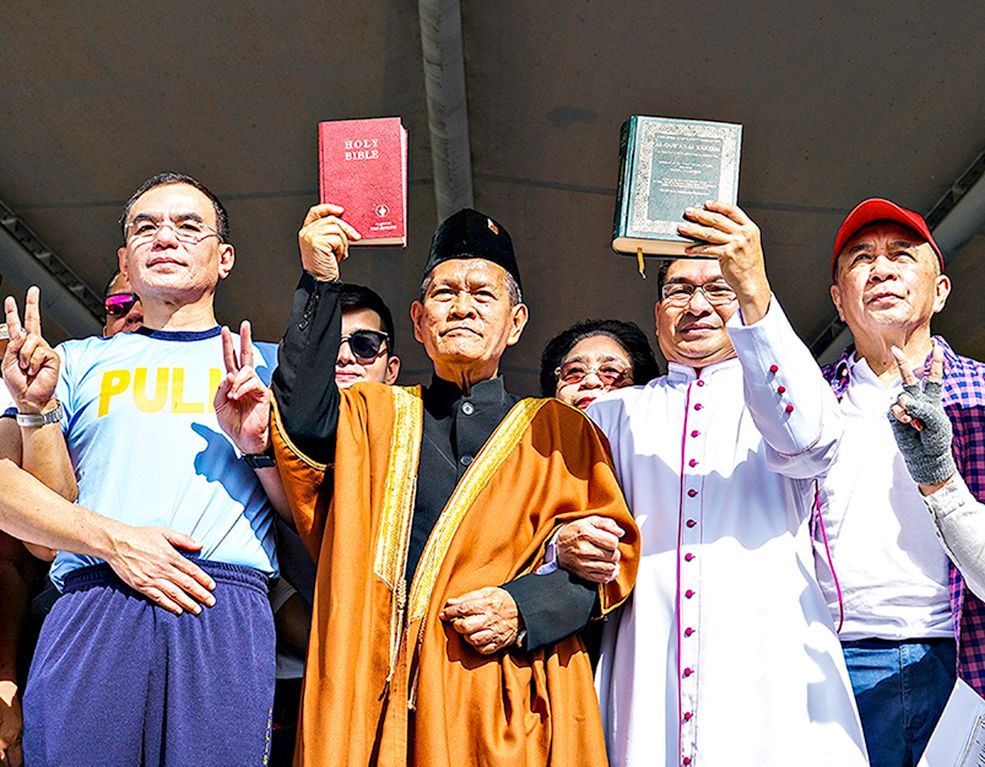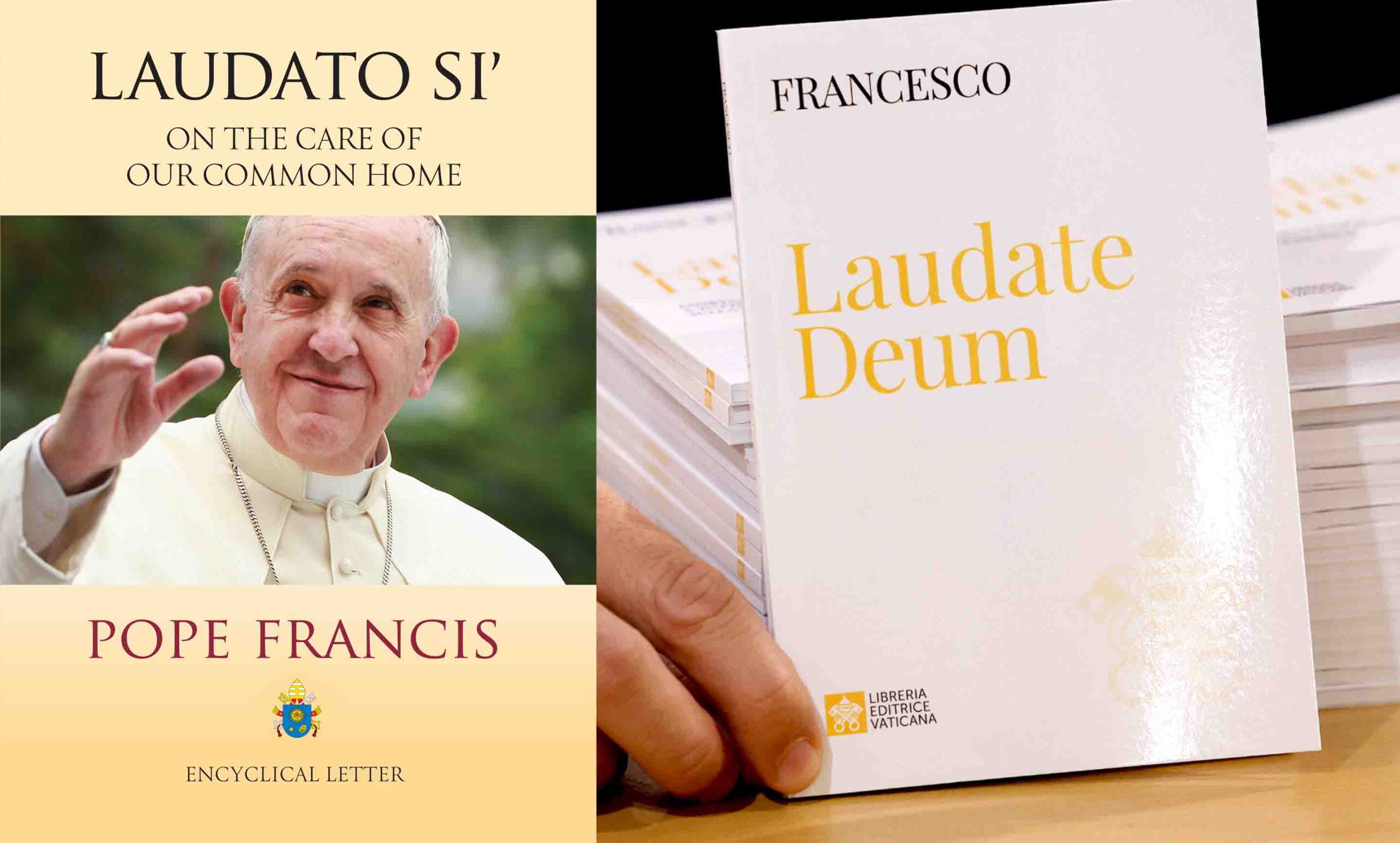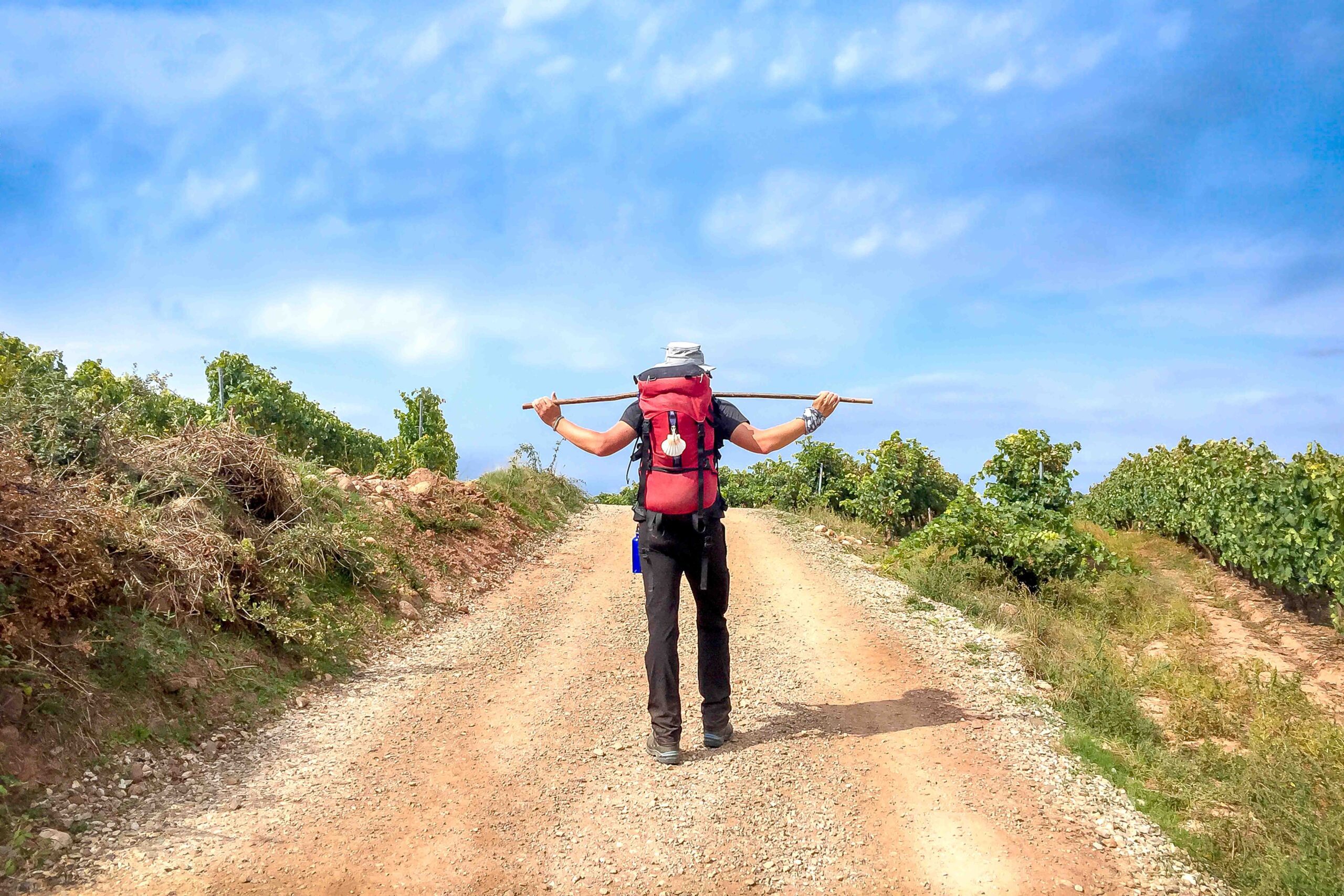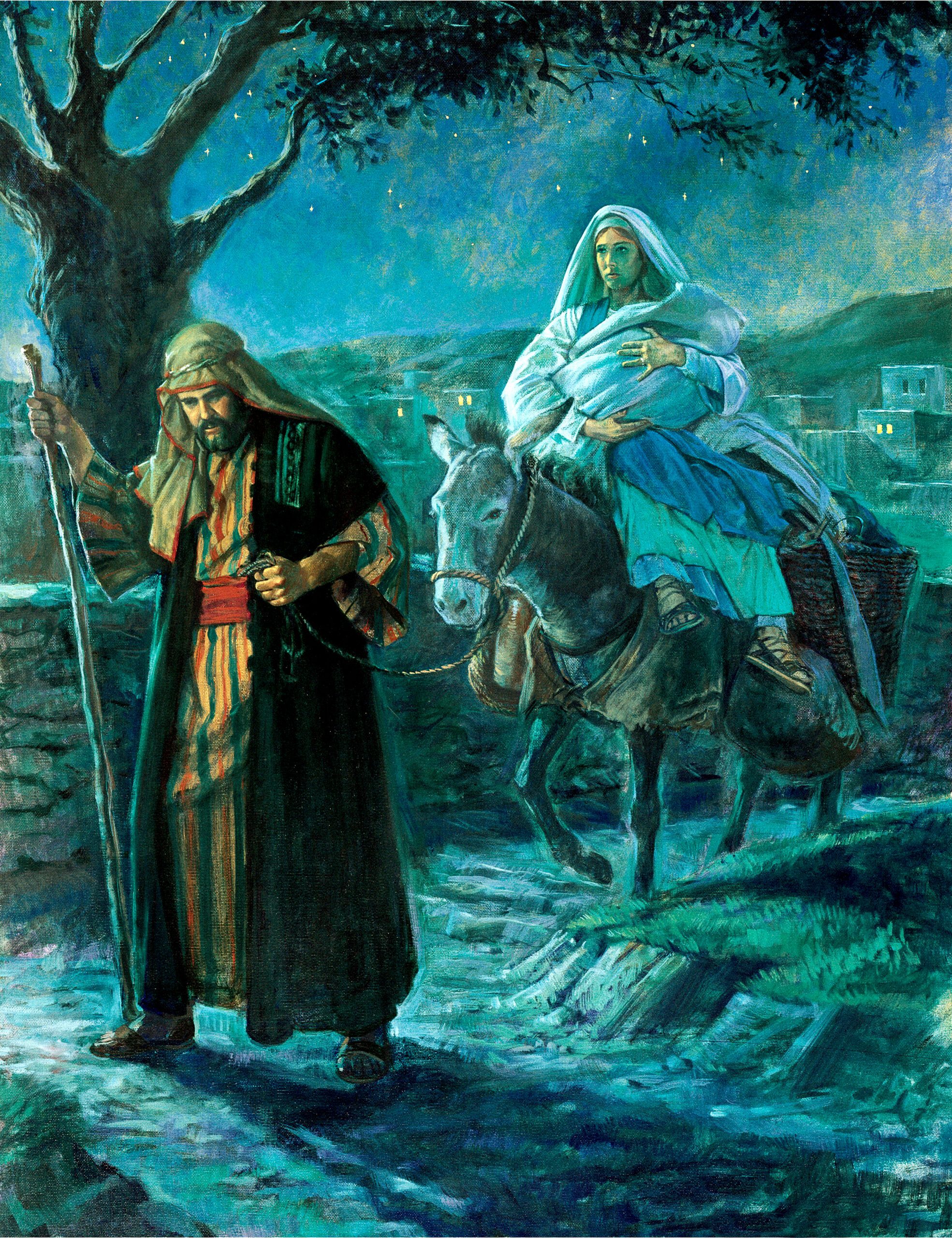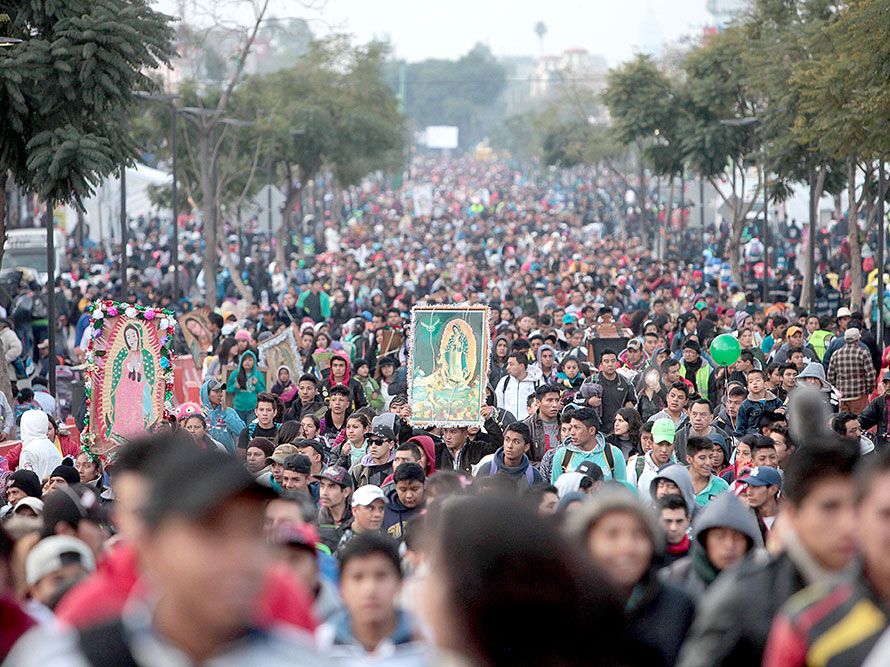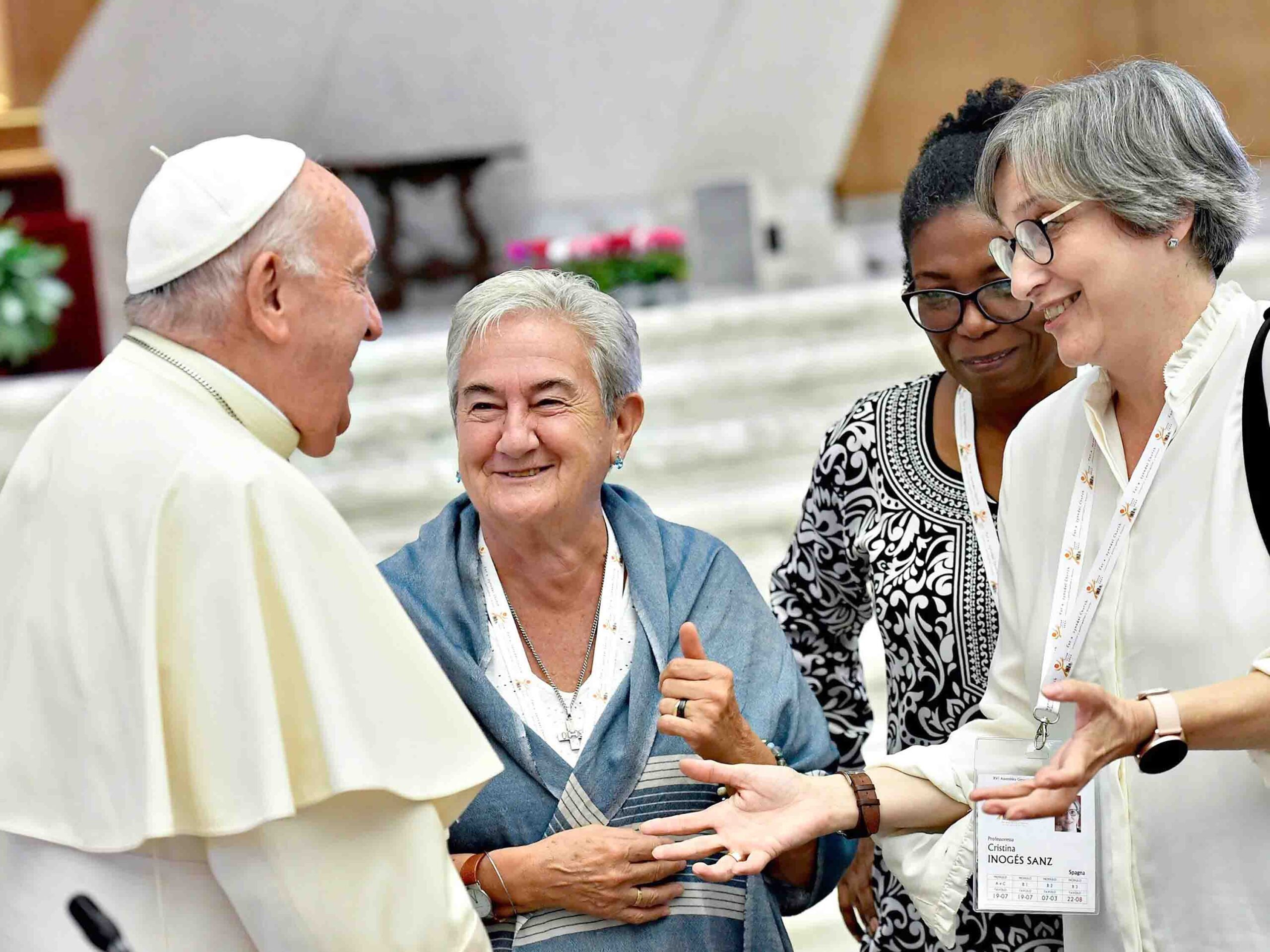The most up to date information shared in the Nations Security Council on 29 January 2018 on food insecurity indicates that lack of access to enough food continues to worsen in countries torn by conflict. Yemen, South Sudan and Syria are among the countries most affected by acute hunger.
According to reports by the Food Agricultural Organization (FAO) and the World Food Programme (WFP) the intensification of conflicts is a key reason behind the recent resurgence of world hunger levels following decades of decline. Global hunger rose from 777 million in 2015 to 815 million people in 2016. The majority of the hungry, or 489 million people, live in countries wracked by conflict.
While conflicts affect food security and nutrition, deteriorations in food security can in turn increase tensions and risk of conflict. The combination of poverty, and hunger, growing inequalities, lack of opportunities, unequal access to jobs, land or credit is a volatile mix that can create feelings of hopelessness. Not being able to afford enough food can be a trigger for violence and instability where governments are weak and where growing inequalities exist.
Further, climate change with extreme weather conditions– changing rainfall patterns, floods or drought, crop disease and pests all render the food system vulnerable to sudden supply shocks, triggering global shortages and price spikes. Food security is further threatened by reduction of crop diversity. Even when being optimistic about climate change trajectories on food supply, risks remain elevated.
In this globalized world the production of food has been captured and used to the advantage of agri-business and the advertising sector seeking profit over people’s need for food. Nutritionists are concerned that food production is not primarily about quality food and health of people. Obesity is an example of this.
Corporations dominate food and food producing systems putting profit ahead of people, health and the environment. Agricultural workers are often trafficked persons, receiving little or no pay, and deprived of labour rights. Slavery in the global supply chains of agriculture, fishing and aquaculture are modern issues often reported in the Trafficking in Persons Report of the U.S. State Department.
The introduction of genetically modified organisms (GMO’s) into local environments and food systems creates new colonialism patterns. The privatization and commodification of food, knowledge, land, water, seeds, and livestock threaten the ethical dimensions of food production.
End Hunger By 2030
In 2015 the United Nations launched a new program for sustainable development seeking to achieve 17 Sustainable Development Goals (SDG’s) by 2030. Goal 2 is a goal “to end hunger, achieve food security and improved nutrition, and promote sustainable agriculture.” This is summed up in the icon of SDG 2 as Zero Hunger. Isn’t that our dream and our prayer “Give us this day our daily bread…”?
The Sustainable Development report of 2017 says that at the current rate of progress, the world will not meet the zero hunger target by 2030, despite major advances since 2000. The chart indicates where the concentrations of hunger and malnutrition are – Sub-Sahara Africa and Southeast Asia. Hunger and mal-nutrition lead to a condition of ‘stunting’ in children under five years.
The good news is that data confirms there has been a decrease in the number of children having this condition between 2000 and 2016. However, a new concern has emerged – an increase by 11 million in the number of children who are overweight. Overweight is an indication of malnutrition. There are concerns about the links between highly processed foods with additives of excessive sugar, sodium and chemicals, and the obesity epidemic both in the U.S. and worldwide.
Food Security Vs Food Sovereignty
What is food security and how does it differ from food sovereignty? Food security refers only to the availability of food, regardless of the type, method or location of production. In contrast, food sovereignty is a broader concept. According to the 2007 Declaration of Nyeleni, food sovereignty encompasses “The right of peoples, communities, and countries to define their own agricultural, labour, fishing, food and land policies which are ecologically, socially, economically and culturally appropriate to their unique cir-cumstances. It includes the true right to food and to produce food, which means that all people have the right to safe, nutritious and culturally appropriate food and to food-producing resources and the ability to sustain themselves and their societies. Food sovereignty means the primacy of people’s and community’s rights to food and food production, over trade concerns.”
Food sovereignty is thus embedded in larger questions of right to food and social justice and the rights of farmers and indigenous communities to control their own futures and make their own decisions. Food security is a technical concept whereas food sovereignty is much broader having ethical implications. The right to food is in Article 25 of the Declaration on Human Rights: “Everyone has a right to a standard of living adequate for health and wellbeing of himself/herself and his/her family, including food, clothing etc.”
Access to nutritious and healthy food is a fundamental human need. Securing sustainability of nutritious food is not a matter of increasing production. Addressing multiple issues related to food production is critical including marketing of food and food waste.
Our Response
This poverty and hunger that diminish the lives of millions are fundamental threats to human life and dignity and demand a response from believers. “Give us this day, our daily bread,” we pray. How can we let Christ live through us in a way that better helps to ensure the world’s hungry receive their daily bread? This question is one that necessitates seeing ourselves as interconnected with our brothers and sisters across the world, so we can maintain the spiritual stamina needed to create a more equitable food system.
The United Nations Special Rapporteur on the Right to Food declared that “the right to adequate food is realized when every man, woman and child, alone or in community with others, has physical and economic access at all times to adequate food or means for its procurement. The right to adequate food shall therefore not be interpreted in a narrow or restrictive sense, which equates it with a minimum package of calories, proteins and other specific nutrients. The right to adequate food will have to be realized progressively. However, States have a core obligation to take the necessary action to mitigate and alleviate hunger even in times of natural or other disasters. We need to create awareness wherever we can.”
To achieve food security Pope Francis says, “we must begin with our daily lives if we want to change lifestyles, aware that our small gesture can guarantee sustainability and the future of the human family. Let us modify our relationship with natural resources, land use, consumption and eliminate waste: thus we shall defeat hunger.” Earth’s resources are limited and their sustainable use is an urgent need for agricultural development and food security. Pope Francis says it is a “God-given right of everyone to have access to adequate food.”
* Winifred Doherty is Representative to the U.N. of her Congregation of Our Lady of Charity of the Good Shepherd

